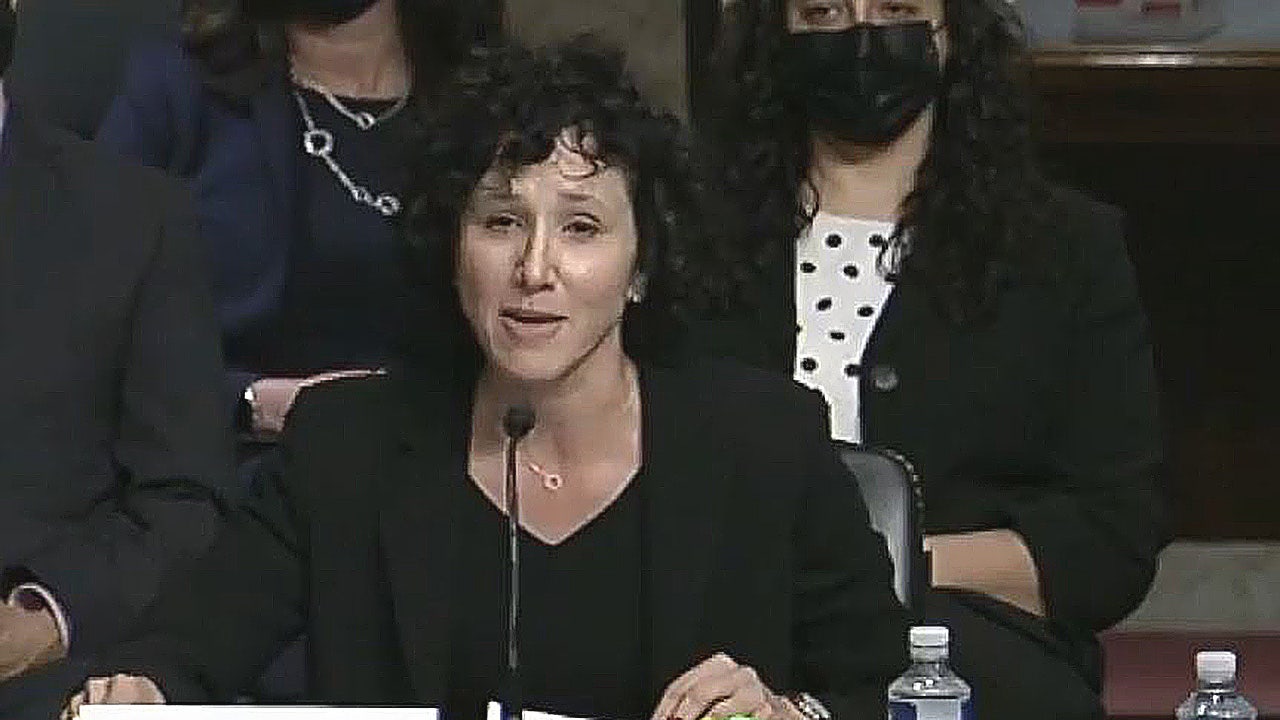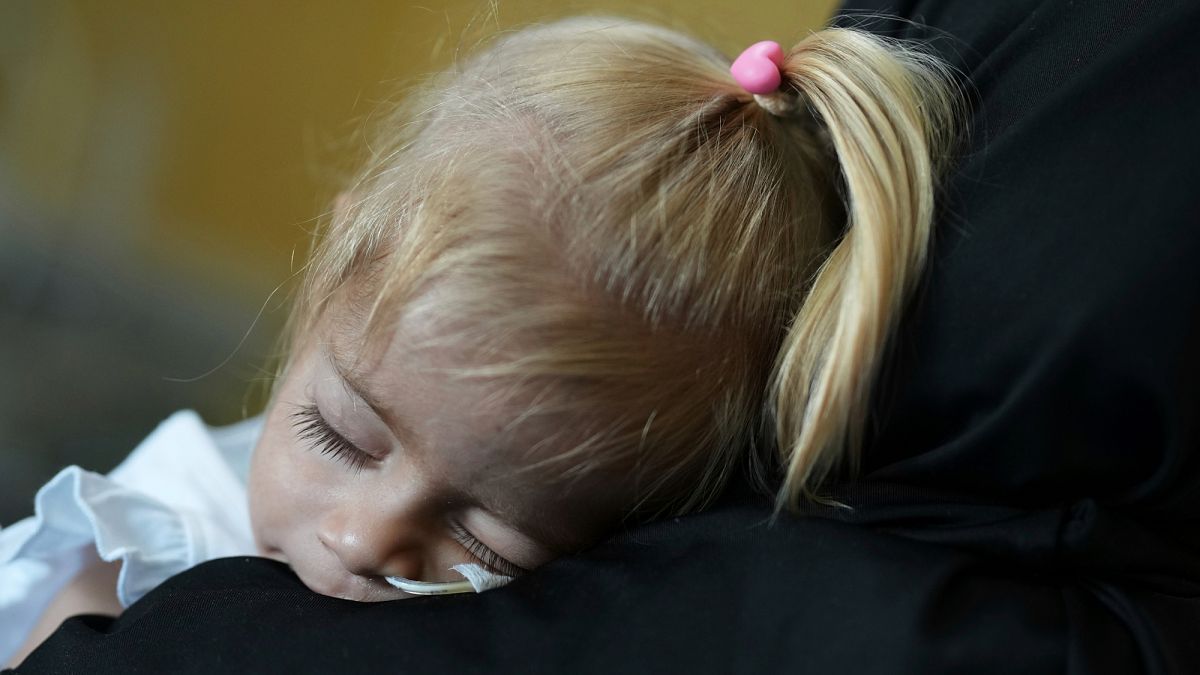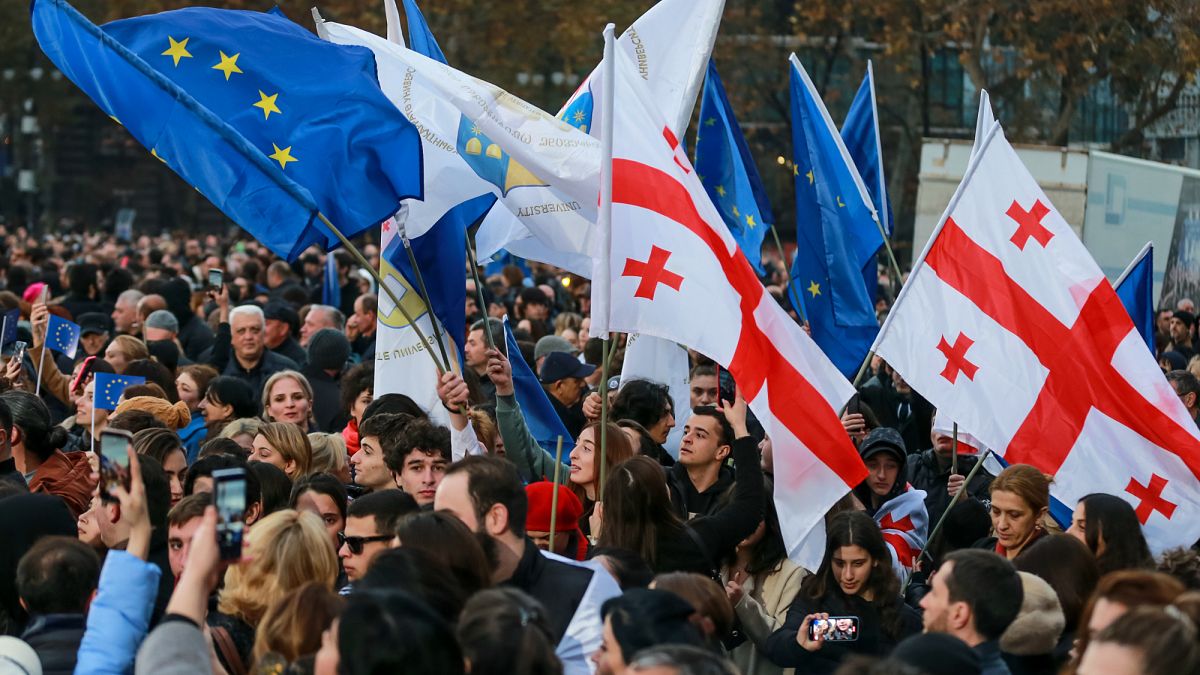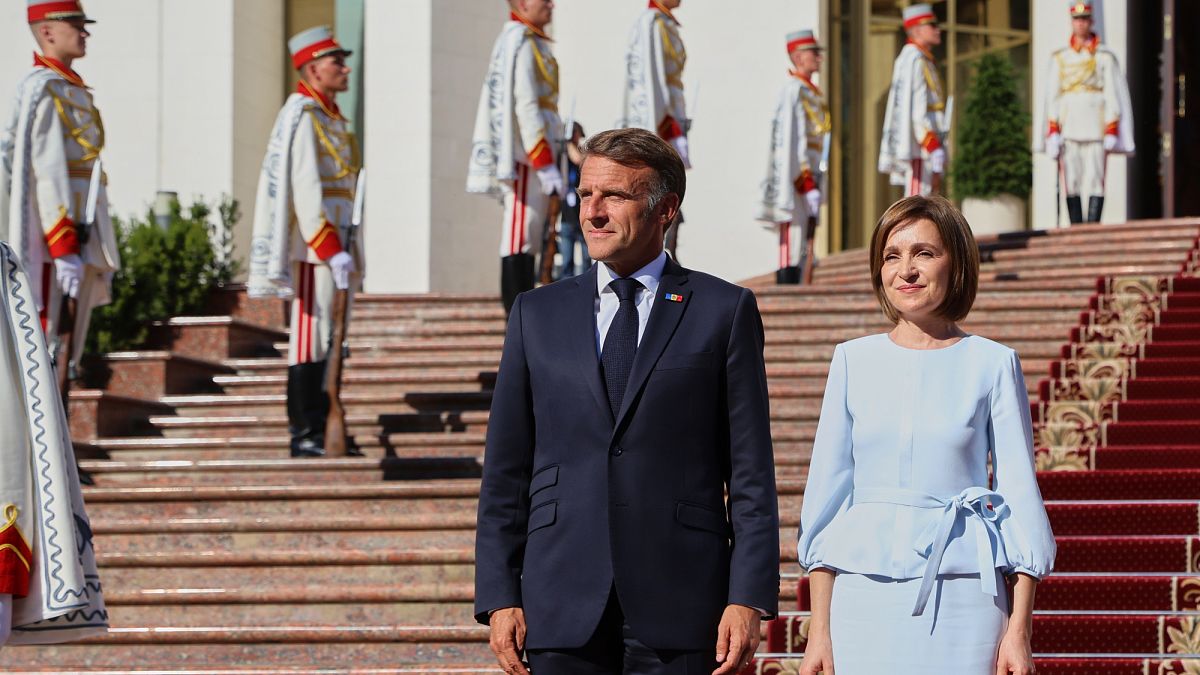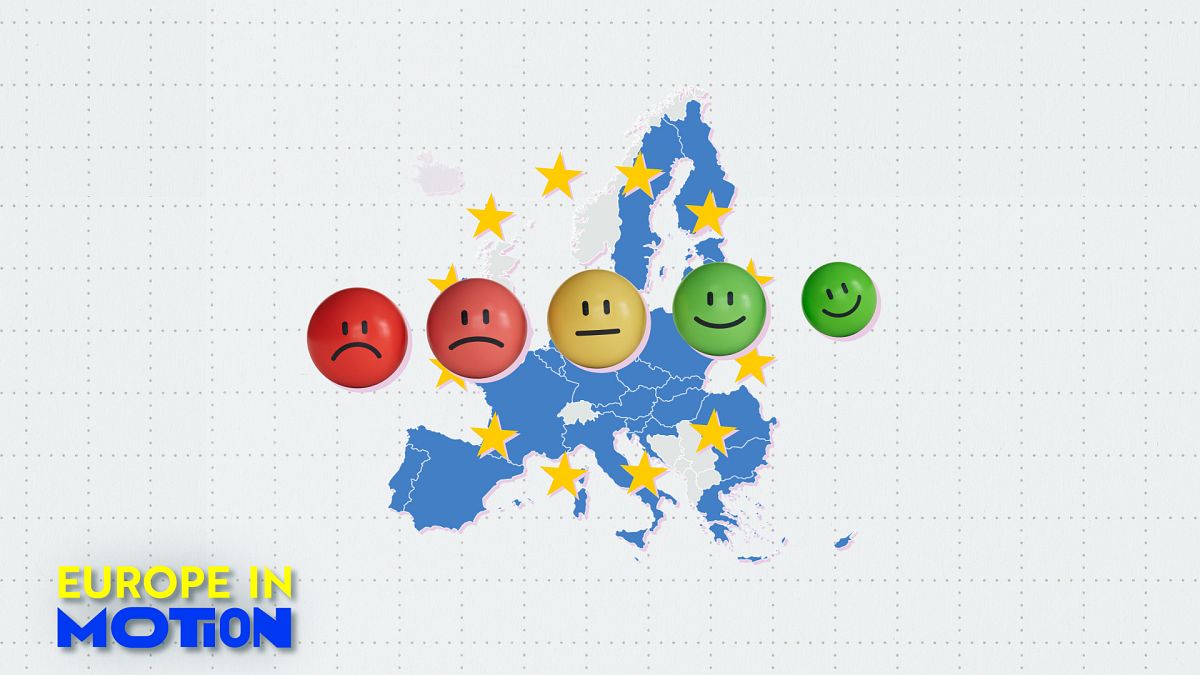ADVERTISEMENT
In Gaza, more than 15,600 residents — many of whom suffer from life-threatening illnesses or conflict-related injuries —are in need of urgent medical evacuation, according to figures provided by the World Health Organization.
But since the Hamas-led 7 October attack, fewer than 350 people, the majority of whom are children, were able to leave the embattled Strip and get medical treatment in the European Union.
Despite an ever-deteriorating humanitarian situation in Gaza, countries like Germany, Denmark and Austria have either welcomed very few patients from the strip or have not made any offer to take them in.
Some government officials say they fear that providing shelter for Gaza patients and their caretakers could pose additional challenges to their countries’ security and migration policies.
“We know that the issue (of medical evacuations) is related to migration…it is something that is concerning in many European countries…” said Maxime Prévot, Belgium’s deputy prime minister and minister of foreign affairs, in an exclusive interview with Euronews.
“But I think that now according to a moral obligation but also a legal commitment, it is necessary to take action in order to provide strong support to those families.”
Belgium itself, Prévot confirmed, has taken as few as 14 patients from Gaza, but the country intends to take more of them in the coming months.
The NGO Doctors Without Borders, which coordinates medical evacuations in Gaza, echoed similar concerns.
“We are struggling to find destination countries because some countries fear the political ramifications and want to ensure that the right of return is preserved,” said Dr Hani Isleem, who coordinates Medical Evacuations out of Gaza for Doctors Without Borders.
“That has become our main challenge now,” Isleem added.
Evacuations urgent as health system in Gaza ‘collapsed’
According to the WHO, a total of 919 patients and accompanying people have been medically evacuated to 16 WHO member states and 11 EU countries since October 2023, including Albania, Belgium, France, Germany, Greece, Ireland, Italy, Luxembourg, Malta, Norway, Romania, Spain, the United Kingdom, Switzerland, Turkey and Uzbekistan.
Evacuations are conducted via a committee of Hamas-run Gaza’s Ministry of Health, which “identifies the most urgent cases that cannot be treated inside Gaza,” Isleem said.
The final decision is in the hands of the WHO and “only then can EU member states (…) make an offer for a medical evacuation,” a WHO spokesperson said.
The evacuations have become all the more urgent that “the health system in Gaza has completely collapsed” due to the Israeli strikes, the remaining hospitals operating inside Gaza “only provide the basic needs and life-saving care,” and the “waiting list” of severely ill patients has been growing “steadily,” Isleem said.
The war in Gaza started after Hamas-led militants attacked southern Israel on October 7 2023, killing around 1,200 people and taking 251 hostage.
The Israeli offensive in Gaza resulted in the deaths of more than 64,000 Palestinians, mostly women and children, according to the Gaza Health Ministry, whose figures do not distinguish between fighters and civilians.
In the EU, Italy has taken in the largest number of patients, with 187 of them. Spain and Romania come second, with 45 and 42 patients, respectively.
But the WHO and numerous NGOs working on the ground say the number of evacuations is too low. “More countries must step up and provide medical assistance to patients with severe illnesses and urgent health needs from Gaza,” said the WHO spokesperson.
On 13 August, Italy carried out the “largest evacuation operation” to date, according to the country’s Defence Ministry.
Thirty-one children and their companions — around 120 people in total — were flown to Italy on cargo planes and admitted for treatment to hospitals including in the Rome and Milan area.
“Almost all children have suffered from amputations or serious wounds, brain injuries, brain haemorrhage, leukemia or from congenital disease or severe malnutrition,” the Italian Foreign Affairs Ministry said in a statement published on its website. “All medical conditions that, in the Gaza strip, would never have been cured.”
Despite having one of the toughest migration policies in Europe, the ministry said it would deliver residence permits to those patients, “so that children and family members can have access to Italy’s school and health system, to guarantee a harmonious integration and a dignified stay for as long as necessary,” the statement added.
But the situation is different in other European countries, which are keen to comply with strict migration policies.
‘Health above politics’
Despite growing criticism, Social Democrat Prime Minister Mette Frederiksen of Denmark, who has championed some of the toughest immigration policies in Europe, maintained her refusal to take in patients from Gaza.
“What I’m saying now may sound a bit harsh,” Frederiksen told Danish channel TV2 News last month. “But when we look at the group of Palestinians who came to Denmark in the past, of course some of them have integrated and become Danes.”
“But there are far too many in that group who have caused very, very serious consequences for our society, and we are not going to change our immigration policy.”
Germany has treated only one patient so far, and Martin Matz, a member of the Berlin House of Representatives from the centre-left SPD party, recently raised security concerns regarding the patient’s accompanying persons.
“Of course, considerations of security also play a role in these decisions,” Matz, who is also the SPD’s interior affairs spokesperson,* told Euronews. “Unfortunately, we repeatedly have to observe that the Middle East conflict also becomes a security problem for Jewish people in Berlin — whereas the reverse has not been the case.”
France has treated 27 patients so far, according to the WHO. But the country suspended its policy of receiving patients from Gaza until authorities finalise the investigation of a Palestinian student, who arrived in France in July and has been accused of making antisemitic remarks online.
“No evacuation of any kind will take place until we have drawn conclusions from this investigation,” Jean-Noël Barrot told France Info radio last month.
Austria has not taken in any patients, but officials argue that leaving Gaza, even for seriously ill people, is almost impossible due to the bureaucratic burden of evacuations. But each patient — and, in the case of a child, their accompanying relative — must go through a security clearance with the Israeli security authorities.
Before the war, around 20,000 patients per year — of whom a third were children — sought permits from Israel to leave the Gaza Strip for healthcare, many of them requiring repeat trips across the border.
Israel approved around 63% of these medical exit applications in 2022, according to the WHO. Gaza’s own healthcare facilities have been stretched under a 16-year Israeli-led blockade and repeated rounds of fighting.
“We urge member states to put health above politics,” the WHO spokesperson said. “This is not about charity, it is about a shared responsibility … Every child deserves care, dignity and a healthy future.”
